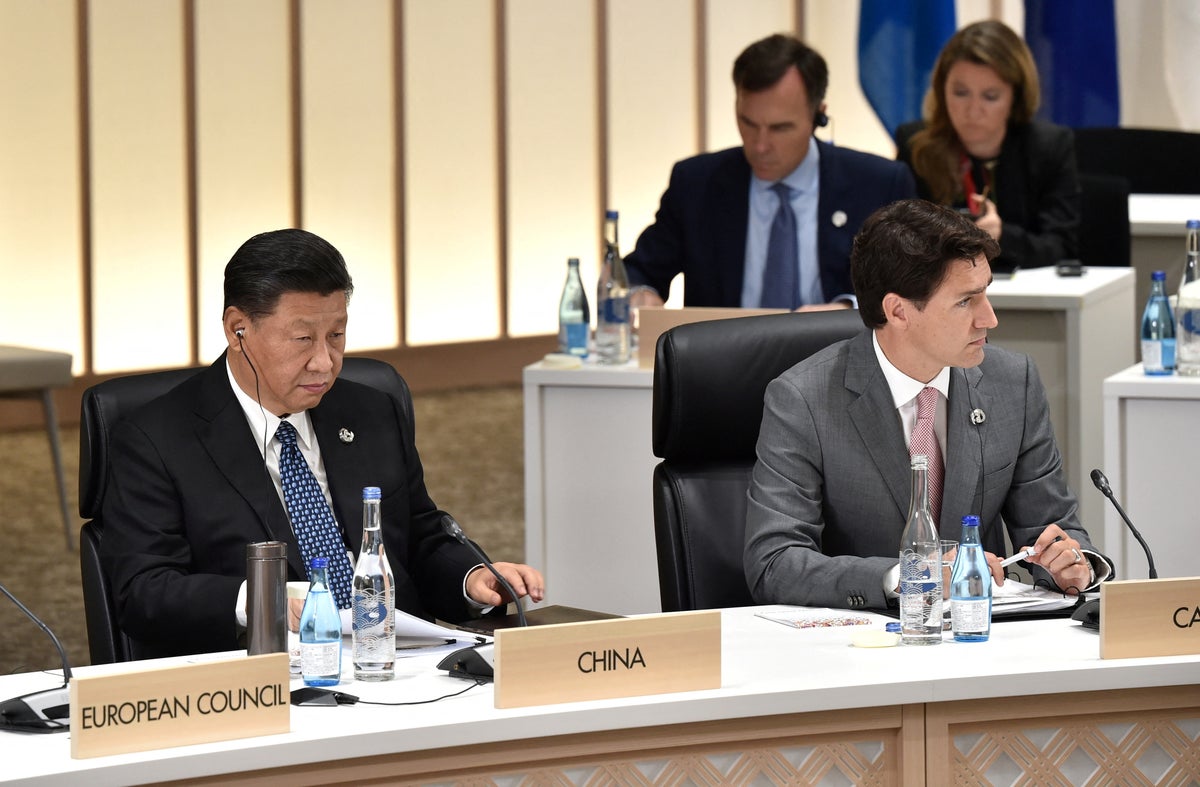
An employee at Canada's largest electricity producer Hydro-Quebec was arrested and charged with espionage for allegedly passing trade secrets to China.
Yuesheng Wang, 35, who worked at the state-owned firm as a researcher in battery materials was arrested on Monday from his home in Quebec province's Candiac region, the Royal Canadian Mounted police said.
He is facing four criminal charges and will appear at the Longueuil courthouse on Tuesday. According to the authorities, his charges include obtaining trade secrets, unauthorised computer use, fraud for obtaining trade secrets, and breach of trust by a public officer.
Mr Wang was arrested following an investigation by the special national security unit, which found that he had been spying at the electricity utility from February 2018 to October this year.
"While employed by Hydro-Quebec, Mr Wang allegedly obtained trade secrets to benefit the People's Republic of China (PRC), to the detriment of Canada's economic interests," the police said on Monday.
His arrest comes at a time when Sino-Canadian relations have been choppy for some years, with both nations accusing each other of industrial espionage. Ottawa earlier this month ordered three Chinese companies to divest their investments in Canadian critical minerals due to national security.
Mr Wang worked for the electricity producer's research unit that was devoted to developing battery materials along with the Army Research Laboratory in the US.
He allegedly abused his position to conduct research for a Chinese University and other Chinese research centers and published scientific articles and "submitted patents in association with this foreign actor, rather than with Hydro-Quebec", the police said.
He started working there in 2016 and was fired this month, according to the company. Caroline Des Rosiers, a spokesperson for Hydro-Quebec said that the "damage was limited" by their "internal detection mechanisms".
Dominic Roy, senior director for corporate security at the company, said no organisation was “immune” to such incidents. “We must therefore constantly remain vigilant and transparent,” he said in a statement.





.jpg?w=600)

